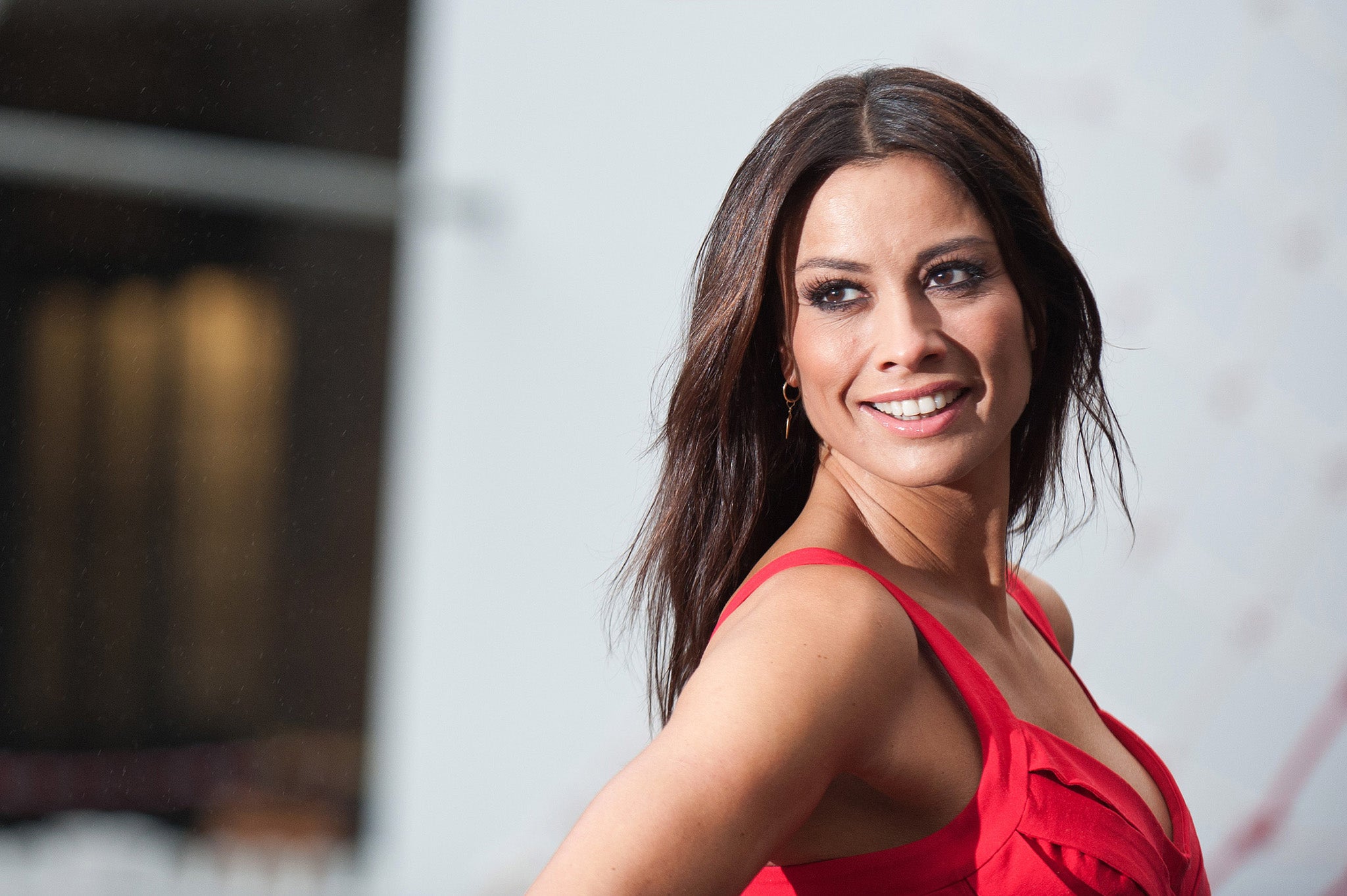‘It’s fantastic’: Melanie Sykes says she is ‘celebrating’ her autism diagnosis
‘There’s nothing wrong with autistic people; we just think and access the world differently,’ says the presenter

Your support helps us to tell the story
From reproductive rights to climate change to Big Tech, The Independent is on the ground when the story is developing. Whether it's investigating the financials of Elon Musk's pro-Trump PAC or producing our latest documentary, 'The A Word', which shines a light on the American women fighting for reproductive rights, we know how important it is to parse out the facts from the messaging.
At such a critical moment in US history, we need reporters on the ground. Your donation allows us to keep sending journalists to speak to both sides of the story.
The Independent is trusted by Americans across the entire political spectrum. And unlike many other quality news outlets, we choose not to lock Americans out of our reporting and analysis with paywalls. We believe quality journalism should be available to everyone, paid for by those who can afford it.
Your support makes all the difference.Model and TV presenter Melanie Sykes is “celebrating” her recent diagnosis of autism, and said it was a “relief” to know she has it.
The 51-year-old, whose teenage son Tino has the same condition, said she was "very happy" to discover she had autism as an adult.
In an interview with Hello! Magazine, she said: "It’s fantastic, that’s why I’m celebrating it.
"I’ve always felt different to other people and how they think and operate, but now I know it’s because I’m autistic it makes me feel validated as I understand why.
"I’m relieved. It’s great to know and I’m very happy about it. Now I know what all my sensitivities are about.
"During lockdown I enjoyed not having to go out and socialise, to brave corporate events, shake hands and be pulled in for a kiss by complete strangers.
"I’ve always been uncomfortable in crowds or being touched by people I don’t know. My sensitivities are now completely validated because I’m autistic."
Sykes first revealed her diagnosis in mid-November, in an email to readers of her magazine, The Frank.
She wrote that finding out she had the condition, which can affect the way autistic people communicate and interact with others, was “life-affirming”.
She has since been welcomed into the autistic community with messages from mothers of children on the spectrum and adults diagnosed late in life.
"They’re so happy I’m talking about it, normalising it,” Sykes told the magazine. "Some people who were too embarrassed to tell anyone now feel they can.
"It makes me extremely happy to know I’ve helped.”
The broadcaster is now determined to remove the stigma associated with autism.
She added: "There’s nothing wrong with autistic people; we just think and access the world differently, and people who aren’t on the spectrum need to understand that.
"Autism shouldn’t be referred to as a ‘disorder’ as this implies the way an autistic mind works is faulty.
"The brain isn’t broken, it just thinks differently to a neuro-typical person."
Recently, model Christine McGuinness, wife of Patrick “Paddy” McGuinness, also shared that she too had been diagnosed with autism at the age of 33. The couple released a documentary about autism last week, revealing their experiences of having three children who are also neurodivergent.
Both she and Sykes were praised by campaigners and charities for speaking openly about making the discovery later in life.
Peter Watt, director of national programmes at the National Autistic Society, said that “many autistic people and families will see a lot of themselves” in Sykes and McGuinness’ stories, particularly women and girls.
According to the charity, the ratio of men to women diagnosed with autism is around three to one, and girls are often diagnosed much later in life. The median age of diagnosis for boys is 10 years old, but this increases to 13 in girls.
Additional reporting by PA
Join our commenting forum
Join thought-provoking conversations, follow other Independent readers and see their replies
Comments